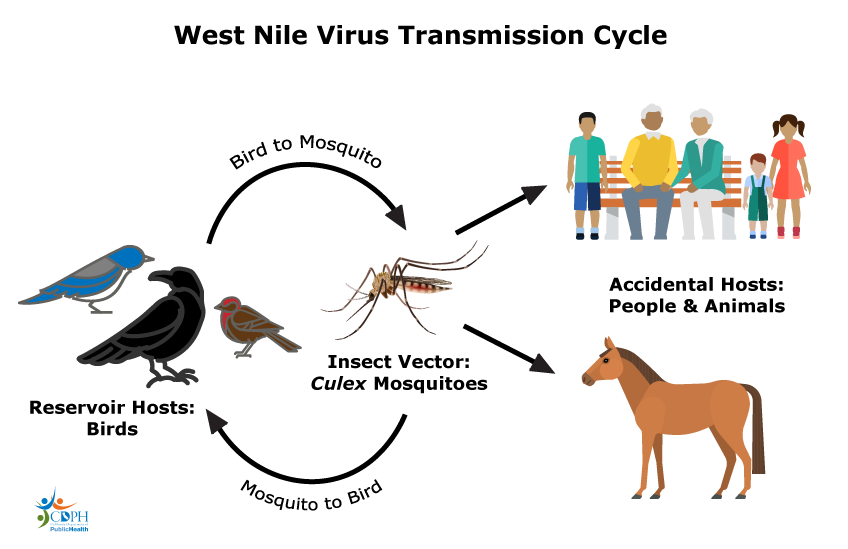
Vector-borne diseases, while historically most prevalent in tropical climes, where they disproportionately affect poor and undernourished populations, are cropping up increasingly on the radar of temperate region disease specialists and medical practitioners. Camarillo residents who travel to tropical climes or are hearing about local incidences of West Nile Virus may be feeling concerned.
As human populations achieve greater wealth, their travel patterns change, and they can come into contact with the Vector borne diseases of other regions. Warming global temperatures, and the over-use of pesticides and of antibiotics also appear to be affecting insect populations and therefore disease transmission maps.
While the risk of contracting a tropical disease in Camarillo is slim, it is still wise to be educated and informed as insect and human populations continue to transform in response to changing environmental and social factors.
“But Wait, What is a Vector in the First Place?”
The “Vectors” we are referring to are typically blood-sucking arthropods. These insects transmit diseases by sucking the blood of an infected host and ingesting the disease organisms in that blood, then feeding on another animal and transferring the disease organisms to the unsuspecting new host animal.
This transmission can be dangerous to humans if the Vector species feeds on both humans and animal populations that host a disease. Disease organisms that do not sicken a host animal or insect can be transferred to humans where they can wreak havoc.
Global Vector Species Include:
- Mosquitoes (primarily)
- Ticks
- Fleas
- Snails
- TseTse flies
- Triatomine bugs
- Sand flies
Mosquitoes, at the top of the list, continue to bite Camarillo residents as the fall progresses, and we continue to encourage the good practices of identifying any standing water sources on your property and draining them, and using insect repellent at dusk, when mosquitoes are most likely to be feeding.
Here’s an article we like that details more about insect repellent use, mosquito species, and disease transmission of concern to Camarillo residents:
It’s Mosquito Season: Who Should Wear Insect Repellent, and When

